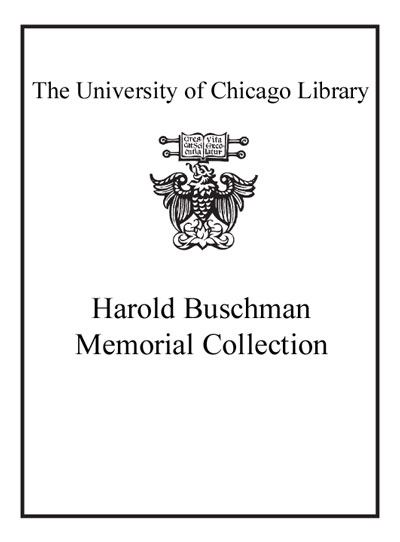Review by Choice Review
Thiselton (Univ. of Nottingham) previously wrote The Two Horizons (CH, Nov'80) and New Horizons in Hermeneutics (1992). This new work considers whether interaction between hermeneutics and doctrine will give life to doctrine. Understanding, listening, loving, and respect for the "other" are necessary to make doctrine, individual and communal, a vitalizing part of theology. For novices this book will be convoluted and difficult; for well-trained theologians, exasperating. Parts 1 and 2 claim the hermeneutics of doctrine should arise from worship as a problem or a question. The book traces each issue historically to the second century CE. Is belief dispositional or an embodiment of communal life? Is it a narrative or drama of the living God? What is formational, educational, and training for doctrine? Is it alterity and provocation? Should one seek coherence and polyphony? Can doctrine as science remain hermeneutical and formational? Part 3 deals with the human condition and the image of God and sin. Sections on the theology of the cross, Christ's work, atonement, and Christology are useful but complex. Sections on the Holy Spirit, the Trinity, the church and ministry, and the Word and sacraments are less stimulating. Eschatology is the definitive hermeneutical horizon of meaning. The scholarship is excellent but unexciting. Summing Up: Optional. Researchers/faculty. J. H. Ware emeritus, Austin College
Copyright American Library Association, used with permission.
Review by Choice Review

